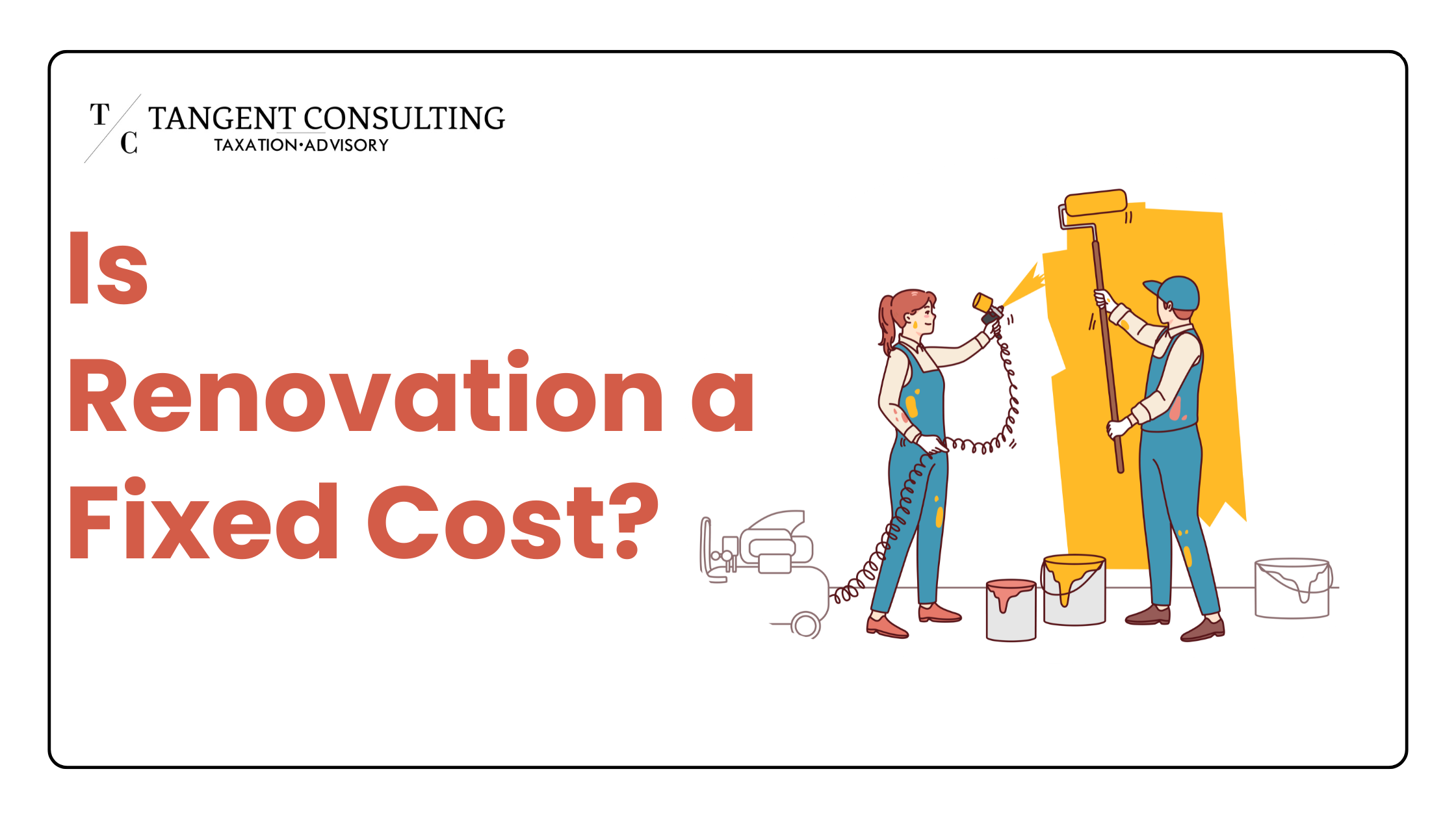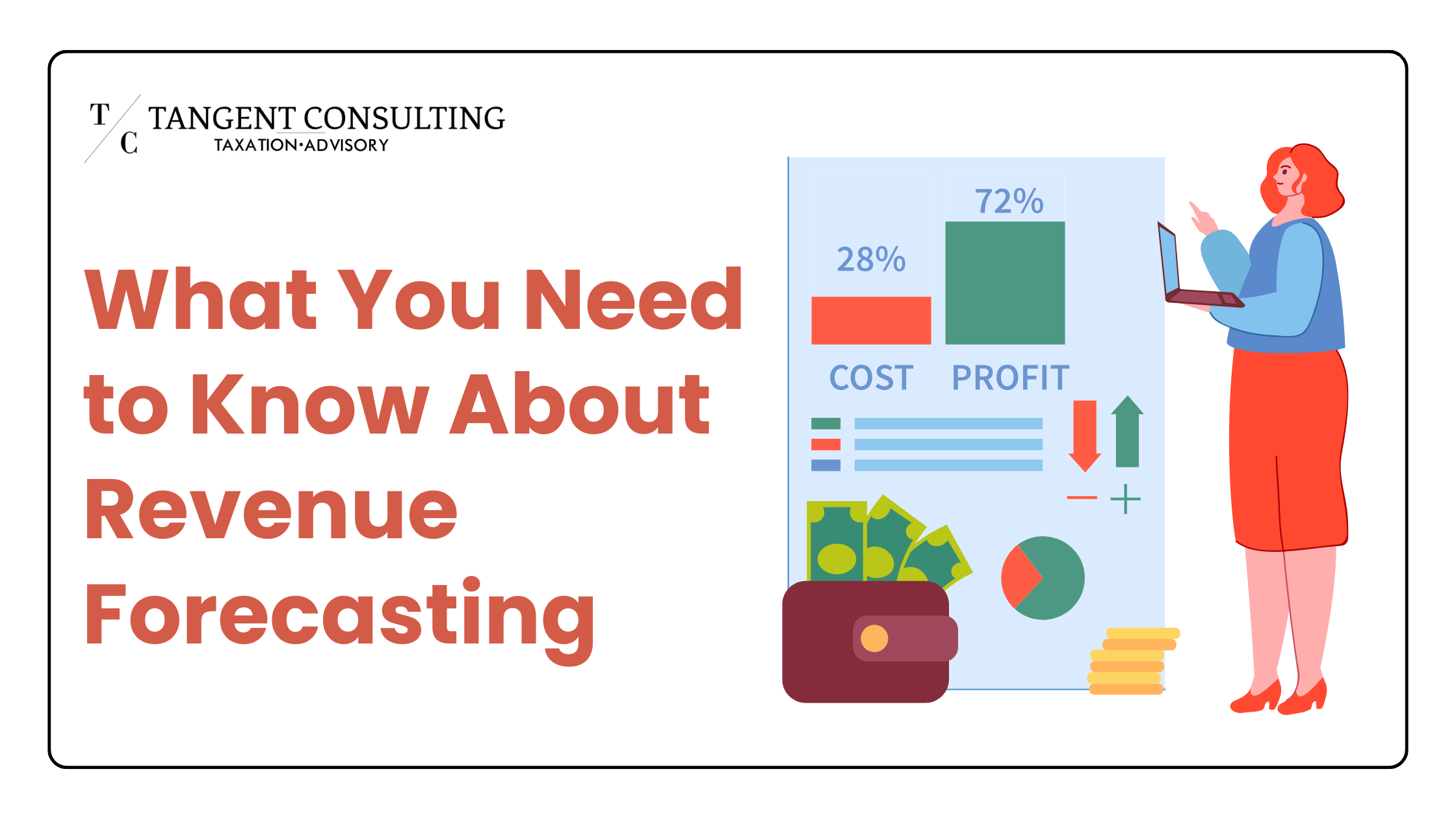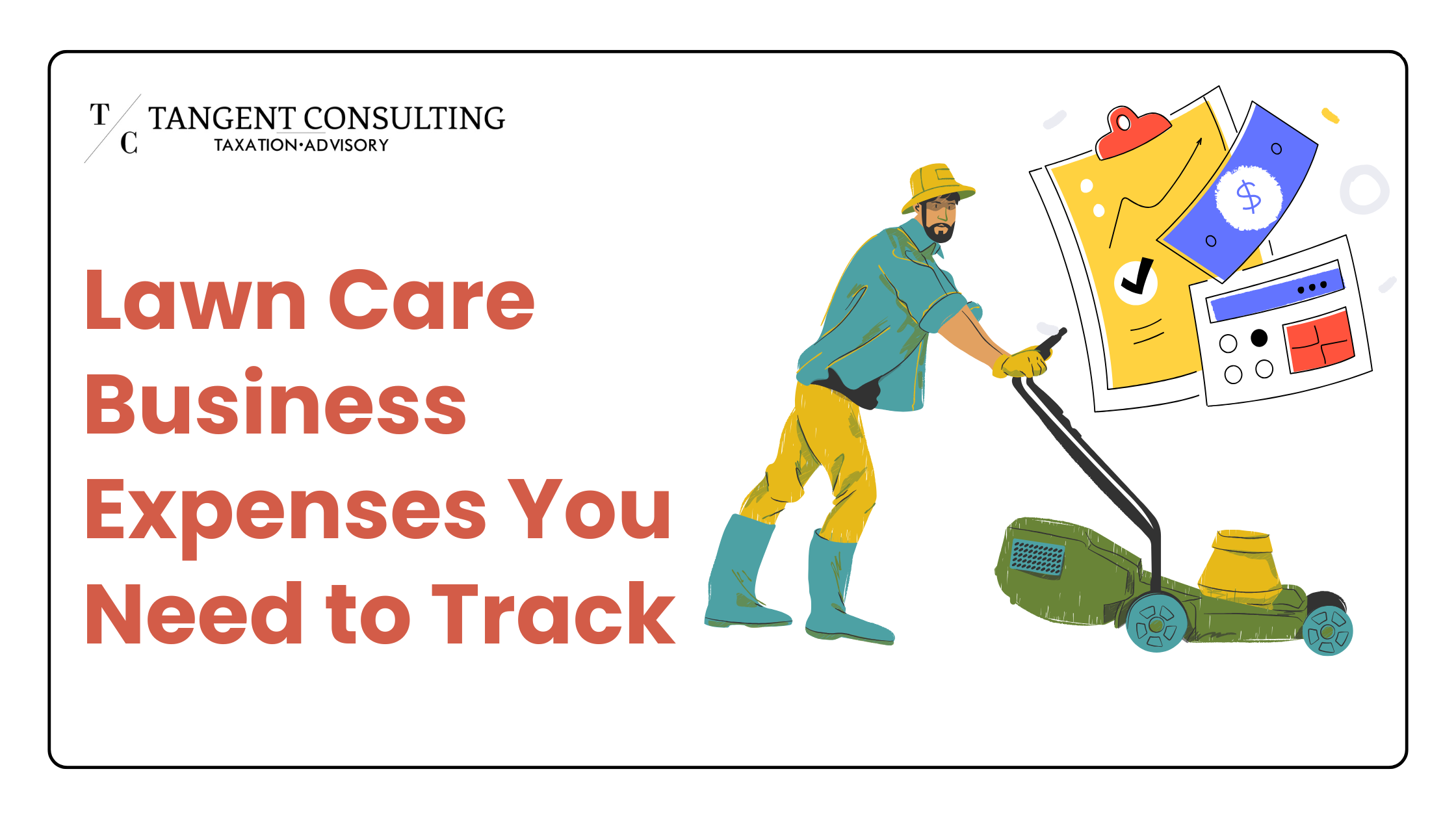Tax Deductions for Spa and Salon Owners
Estimated reading time: 5 minutes
Tax Deductions for Spa and Salon Owners
Spa and Salons serve to make up their clients, boosting their confidence. While people come to your business to be their best self, what about your finances?
Are they organized and recorded in a way that you can take advantage of all tax credits, and deductions?
Its quite natural if the answer is no because the last thing, I would expect my barber to be proficient in is managing his balance sheet as well! Not two talents you want mixed up!
At the same time if someone expert is not managing your finances, chances are you are overpaying or underpaying the CRA.
Someone who has managed finances for spa and salons can right now, as you read this, help you keep more of your income non-taxable. For this purpose, we developed a customized CFO service for Toronto’s small businesses. Save both on time and money!
What is a Tax Deduction and how does it impact your Spa and Salon?
Let’s say you earnt $1000 in one working day. Generally, the tax will be implemented on this whole $1000. But tax deductions help you give taxes on say, only $500 (the actual amount can differ based on your location and business size). So, you will potentially pay only half the tax you were supposed to pay on your total earnt income.
Thus, a tax deduction is the amount of money that you subtract from your total earnt income to be saved as non-taxable income. It will thus lower the amount of money you are taxed, and the amount of tax you consequently owe will be less as well. Below is a comprehensively created list of materials you could be saving taxes on, from today:
Clothing/Uniforms
The uniform that the people who work in your spa and salon wear serves as an extension of their creativity. The way you dress is often part of that artistic expression. Therefore, essential uniforms like comfortable aprons, smocks, and work shoes are all deductible business expenses.
The key here is demonstrating how your clothing item directly contributes to your ability to perform your job duties.
Go ahead and rock that signature style – just make sure it serves a practical purpose alongside as well!
Spa and Salon Supplies
Your business operates once it has the right tools lined up. Your essential supplies are all tax-deductible business expenses. This includes but is not limited to your blow dryers, clippers, combs, brushes, makeup kits, and scissors. The stuff that you use to keep your clients looking best, like your shampoos and conditioners are also tax deductible.
Keeping your own workspace clean and organized is key as well, so your laundry supplies and cleaning expenses are also deductible. Office supplies and postage help you manage your business smoothly, so these are also tax deductible.
Do keep receipts for all your purchases. The Canadian Revenue Agency (CRA) may ask for them when you file your taxes.
Licenses and Education
Spa and Salon industry thrives on constant innovation. Naturally, the fees associated with obtaining and maintaining your professional license is also tax-deductible, along with your local business licenses. Investing in your education is not only crucial for staying ahead of the curve, but it’s also good for your tax return!
The cost of continuing education classes, including travel expenses for hair shows and conferences, can be deducted. Subscriptions to industry magazines related to your work qualify as deductions.
Start-up and Operating Expenses
Startup expenses encompass everything you need to get your business off the ground – equipment, rent, that eye-catching marketing campaign – everything! And a significant portion of the expenses that you use to start a new business are deductible. The Canadian tax system allows you to deduct up to $5,000 of these startup costs in the first year.
For any expenses exceeding $5,000, depreciation comes into play. This allows you to claim a portion of the cost (think equipment) as a tax break spread out over several years. It may sound confusing at first but don’t worry, your CPA (Certified Public Accountant) could be your best friend here. They can explain depreciation in more detail and help you maximize your deductions.
Need expert guidance?
Struggling to find the solutions you want? Let our team assist you.
Once your business is operating daily, there will be ongoing costs to keep your business moving. These operating expenses include things like uniforms for your staff, insurance to protect your investment, and booth space if you’re renting a chair at a salon.
We will help you understand startup and operating expenses so you can make informed financial decisions and reduce your tax burden. We’ll be keeping good records of your expenses as well –to make tax time a breeze for your business!
Home Office Deduction
The home office deduction can provide substantial tax savings but does require meeting strict CRA requirements. The space must be used regularly and exclusively for business.
Homeowners calculate the deduction based on the percentage of homes used for business, while renters deduct a portion of their rent. We can help you ensure your home office meets the CRA rules to claim Home Office Deduction.



